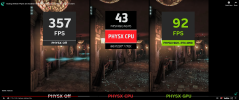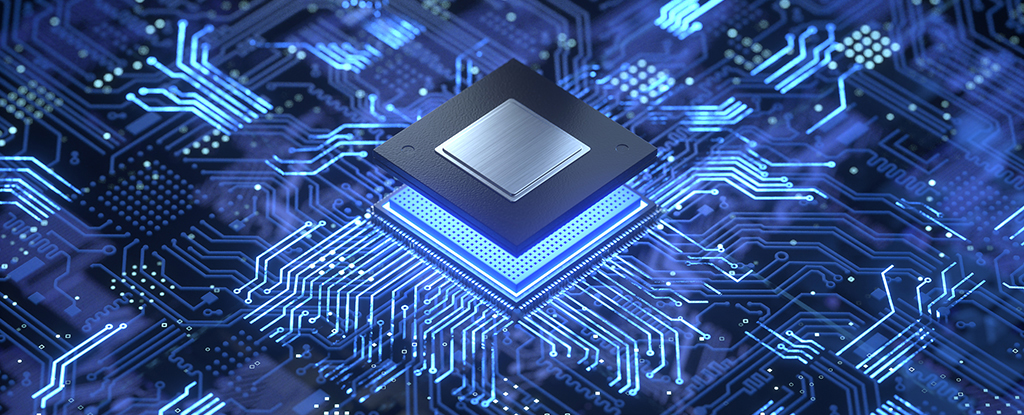0:00:00 Introduction
0:01:30 News 01: Nintendo forces Yuzu, Citra shutdown
0:28:16 News 02: Horizon PC specs released, Ghost of Tsushima PC announced
0:39:29 News 03: Xbox partner showcase drops!
0:58:53 News 04: Dragon’s Dogma 2 has unlocked frame-rate on consoles
1:09:03 News 05: Footage emerges from cancelled TimeSplitters game
1:15:30 News 06: AMD teases AI upscaling… but what is it?
1:26:42 Supporter Q1: Should I buy an OLED Steam Deck now, or wait for new portable Windows handhelds?
1:33:56 Supporter Q2: If cost were no issue, what VR headset would be best for PC gaming?
1:37:23 Supporter Q3: How does DLSS quality at 1440p compare to DLSS performance at 4K?
1:42:28 Supporter Q4: Do you think Sony will release their own dedicated gaming handheld?
1:48:20 Supporter Q5: How does John feel about being labeled as a television producer?
1:49:00 Supporter Q6: Did John and Marc get up to any shenanigans in Germany?
1:52:16 Supporter Q7: What’s the longest John has gone without shaving his beard?
All 3 work fine here on my 3060 without messing with any Physx installs. Only Physx game where I have a stability issue is with Black Flag and its smoke effects.




